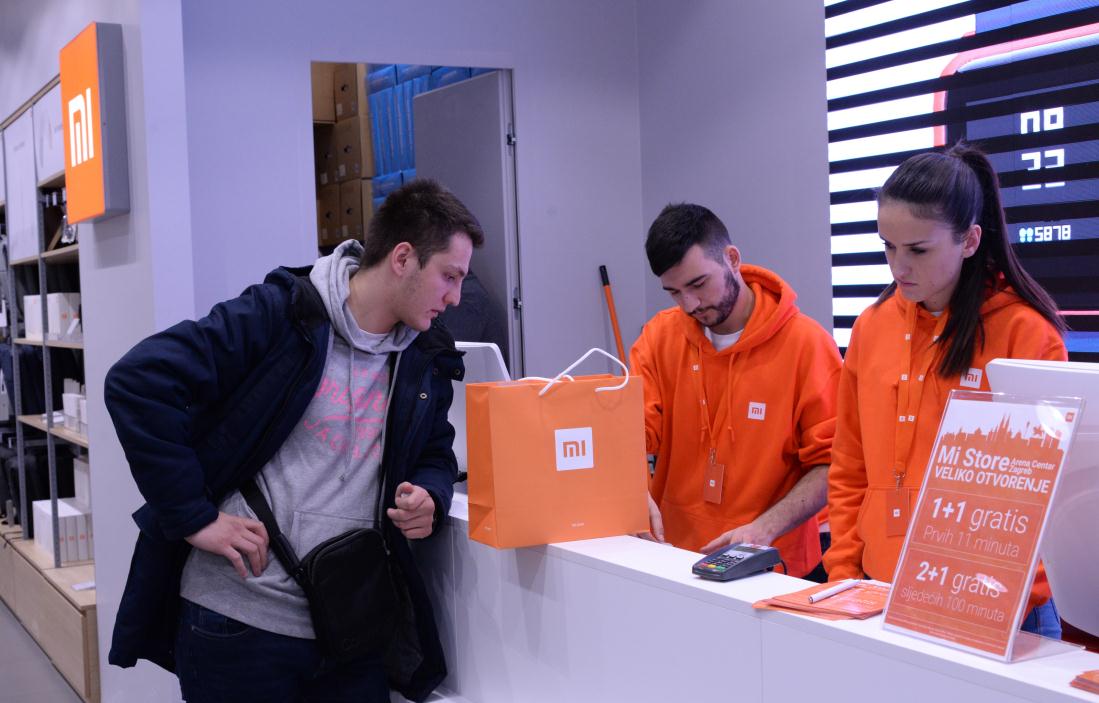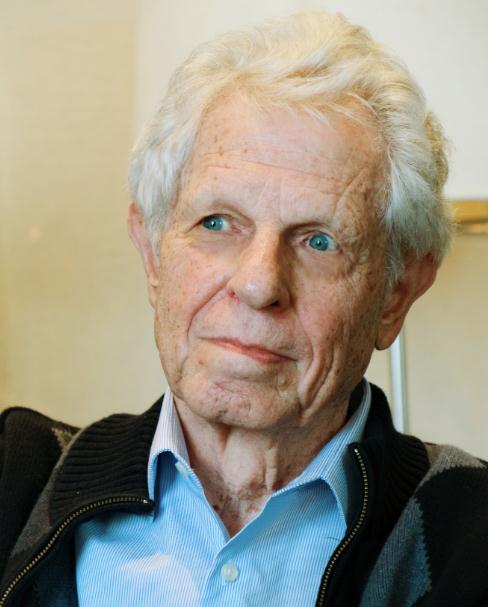Chinese brands ponder catchy names
By He Wei in Shanghai | China Daily | Updated: 2019-02-25 09:43

Few Chinese brands have achieved meaningful success in developed markets, the consultancy said. That is, competition against indigenous brands was not at parity or premium prices.
"For instance, Huawei's cutting-edge phone, the P20, is up to 50 percent cheaper than Apple and Samsung devices," said Tom Doctoroff, the chief cultural insights officer at Prophet.
"Chinese brands are still product-driven, as seen in the innovative yet discount-driven tech sector dominated by behemoths Alibaba, Tencent, Baidu and JD," he said.

Ries believed that companies in China, Russia and other countries that do not use the Latin alphabet actually do have a real advantage when they go global.
"Since their brand names have to be changed anyway, they can use names that work much better on the global market than names that try to replicate the sounds of their brands," he said.
A global brand does not necessarily have to be an English word, but it has to "sound right" in the English language, as in the case of Nokia and Sony. But being easy to pronounce is not the only requirement. Having the right connotations is critical too.
"Take Snow Beer, the largest-selling Chinese beer brand for example. While it is easy to spell and pronounce, nobody in the English-speaking world wants to drink 'snow', which means 'frozen water'," he said.
Ries believed that the secret to a successful brand name is to put the position of the brand into the brand's name, as in the case of iPhone, which is reminiscent of "internet phone", and Starbucks, a compound of the words "star" and "bucks". The more connections any single word has in the mind, the more memorable that word will become.
Name is important because a good name can help create a category and help the brand secure the leading position in that category.
For example, many media outlets pointed out that Nikola Tesla invented many of the most-important electrical concepts, such as the alternating current, the electric motor and wireless transmission of energy. Therefore, the connection between the Tesla brand and Nikola Tesla could lock Tesla the brand, with electric vehicles, the category.
"But didn't General Motors, Ford and every other major automobile company in the world also introduce electric vehicles? Sure, but they didn't give them different brand names so consumers had no way of filing these names in their minds," Ries said.
The inability to elevate products into brands capable of sustaining consumer loyalty at premium prices is handicapped by deep-rooted cultural and structural barriers, noted Doctoroff from Prophet, adding that empowered central marketing units must be forged to escape the downward pull of commoditization.
























